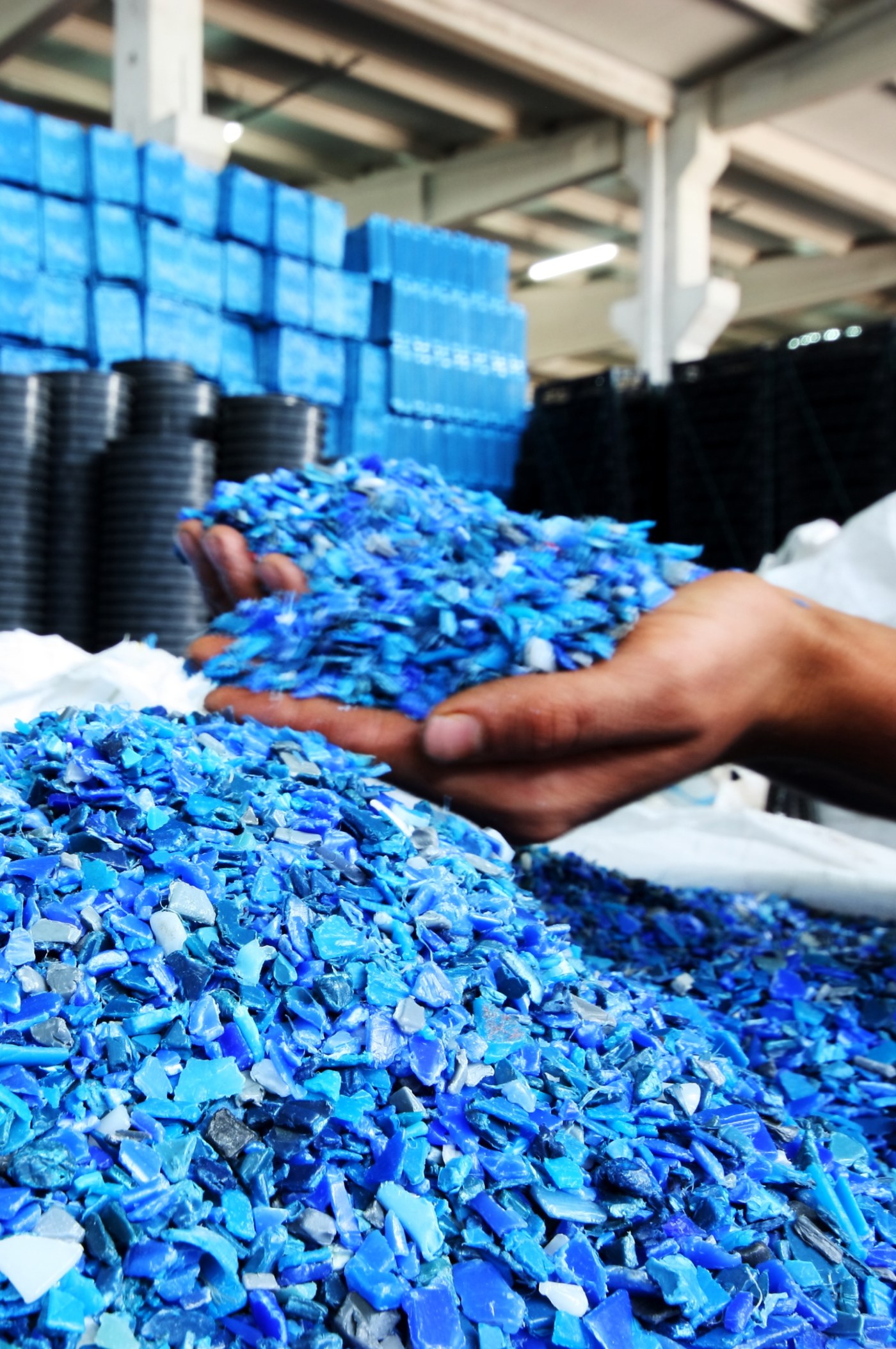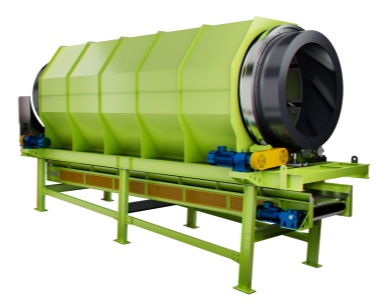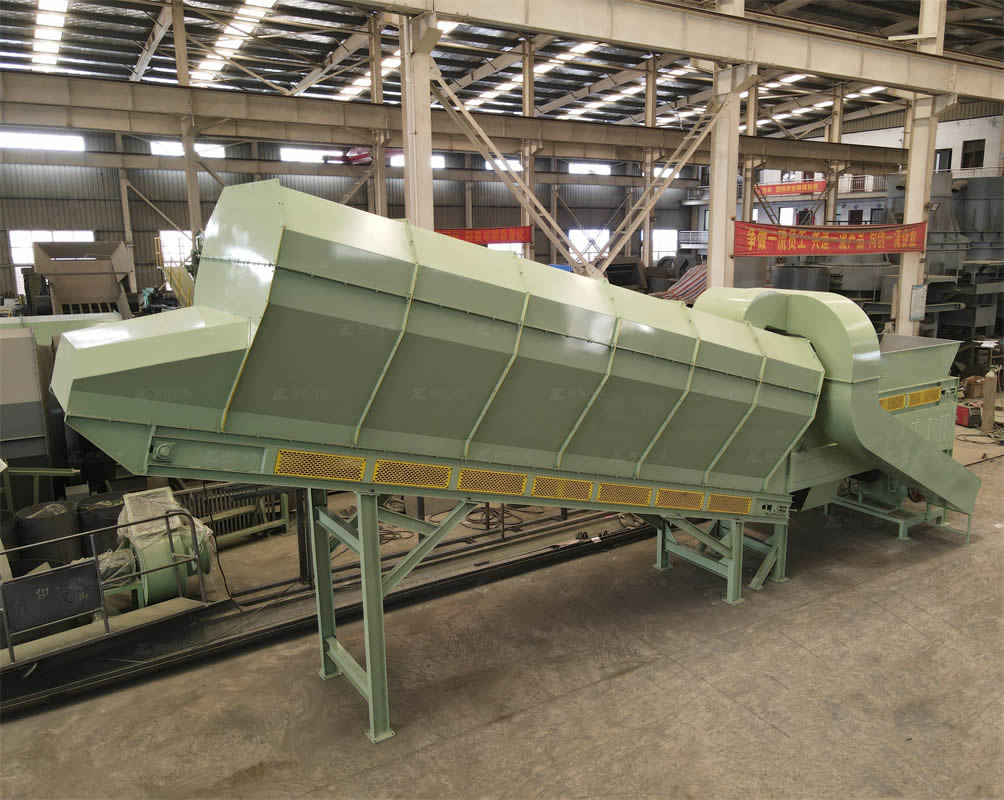Turning Trash into Treasure: The Power of Plastic Recycling
Plastic Recycling: A Sustainable Pathway to Environmental Protection
Plastic recycling is a vital component of waste management and a cornerstone of sustainable development. With the increasing awareness of environmental issues and the pressing need to reduce pollution, recycling plastic waste has become more important than ever. This article explores the significance of plastic recycling, the recycling process, and the benefits and challenges it presents.
Importance of Plastic Recycling
Plastic recycling is crucial for several reasons:
- Environmental Protection: Recycling reduces the amount of plastic waste that ends up in landfills and oceans, mitigating the negative impacts on ecosystems and wildlife.
- Conservation of Resources: Plastics are derived primarily from non-renewable resources like oil and natural gas. Recycling helps conserve these precious resources.
- Energy Efficiency: Producing new plastic from recycled materials uses less energy than manufacturing it from raw materials.
Economic Benefits: The recycling industry creates jobs and stimulates economic growth while providing a sustainable supply of raw materials for manufacturers.

The Recycling Process
The process of recycling plastic typically involves several stages:
- Collection: Plastic waste is collected from households, businesses, and public places through dedicated recycling programs or curbside collections.
- Sorting: At recycling facilities, different types of plastics are sorted based on their properties using advanced technologies such as infrared spectroscopy.
- Cleaning: Contaminants such as food residue and labels are removed to ensure high-quality recycled products.
- Shredding and Pelletizing: The cleaned plastics are shredded into small pieces and melted down to form pellets, which can be sold to manufacturers.
- Manufacturing: Recycled plastic pellets are used to produce new products, ranging from packaging materials to clothing fibers and construction materials.
Benefits of Plastic Recycling
The benefits of recycling plastics are multifaceted:
- Reduced Environmental Pollution: Recycling significantly decreases the amount of plastic waste that ends up in landfills, reducing the release of harmful chemicals and greenhouse gases.
- Landfill Space Conservation: By diverting plastic waste from landfills, recycling helps extend the lifespan of these sites and reduces the need for new ones.
- Energy Savings: The production of new plastic from recycled materials consumes less energy than the production from virgin resources.
- Economic Opportunities: Recycling creates jobs in collection, processing, and manufacturing sectors.
Challenges and Future Directions
Despite its benefits, plastic recycling faces several challenges:
- Contamination: Contaminated plastics can lower the quality of the final product and increase processing costs.
- Consumer Behavior: Educating consumers about proper sorting and disposal is essential for effective recycling programs.
- Technological Advancements: Continuous improvement in sorting and processing technologies is needed to handle the variety of plastic types efficiently.
- Market Demand: Developing markets for recycled plastics is crucial for ensuring a steady demand and economic viability.
To overcome these challenges, ongoing research and development are focused on improving the efficiency of the recycling process, creating innovative recycling technologies, and fostering consumer engagement.
Conclusion
Plastic recycling plays a pivotal role in mitigating environmental degradation and promoting sustainable development. By embracing recycling, communities can significantly reduce their ecological footprint while fostering economic growth. As we continue to innovate and improve recycling processes, the future looks brighter for a more sustainable use of plastic resources.
-
 Trommel screenTrommel screen, also known as drum screens, are widely used in various industries for sorting and separating materials.Get Quote
Trommel screenTrommel screen, also known as drum screens, are widely used in various industries for sorting and separating materials.Get Quote -
 Crop straw double shaft shreddApplications:Biomass Energy Production: Shredded straw can be used as a feedstock for bioenergy plants to produce electricity or heat.Livestock Feed: Reduced-si...Get Quote
Crop straw double shaft shreddApplications:Biomass Energy Production: Shredded straw can be used as a feedstock for bioenergy plants to produce electricity or heat.Livestock Feed: Reduced-si...Get Quote -
 Zhongcheng Air Drum SeparatorAir drum separators effectively separate lightweight materials (e.g., plastics, paper) from heavier materials (e.g., metals, glass). This high efficiency is cru...Get Quote
Zhongcheng Air Drum SeparatorAir drum separators effectively separate lightweight materials (e.g., plastics, paper) from heavier materials (e.g., metals, glass). This high efficiency is cru...Get Quote
-
2023-01-12Waste Baler For MSWHigh density solid waste balers are the final step before sending waste to landfill. Horizontal balers designed and manufactured for this difficult job and prov...
-
2024-06-11Optimize Your Waste Management Today with Our Advanced Drum ScreensUnderstanding the Mechanism and Optimization of Drum Screens for Waste Management
-
2024-04-25Recycling Finger ScreensFinger screen is a type of screening equipment used to separate materials based on size. Unlike traditional screens, finger screens consist of a series of paral...
-
2024-08-06Plastic double shaft shredderOperation:Feeding: The plastic material is fed into the shredder through the infeed system.Shredding: As the material enters the shredding chamber, the rotating...
-
2023-01-12Double-Shaft ShredderThe Double-shaft shredder is a widely used industrial shredder that efficiently processes various mixed waste materials, such as construction waste, industrial ...



